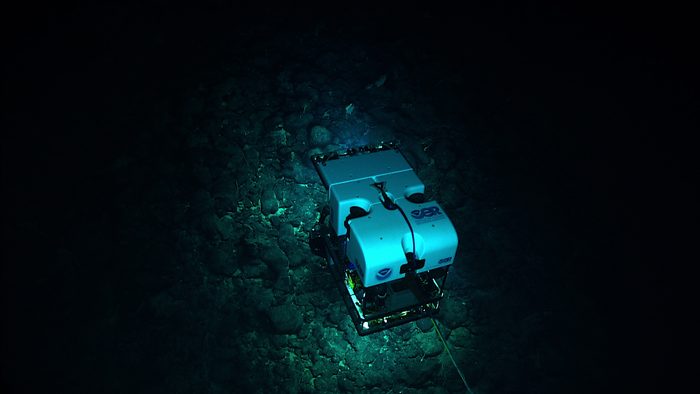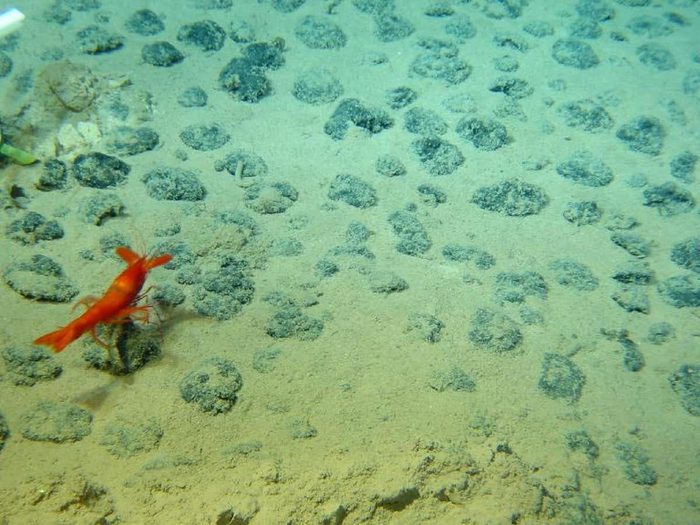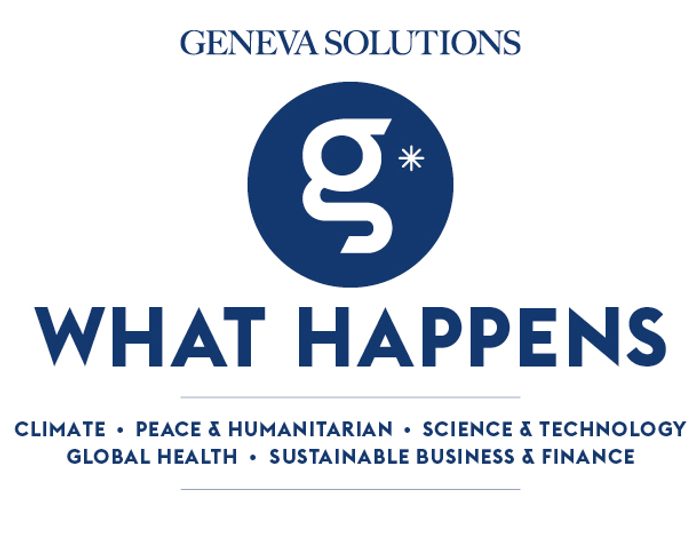Hello, this is Nicolas, and today we're diving into the deep sea to see how better exploration technologies could make waves in ocean conservation.
Coming back to the surface, we learn about how the UN moved to put the Great Barrier Reef on its endangered list.
And staying with the ocean theme, our growing need for electrical components and batteries risks putting a strain on the seafloor. |

When exploring the bottom of the oceans, today’s oceanographers use unmanned underwater vehicles – here at the bottom of the Pacific, Hawaii, 2015. (Credits: Flickr/NOAA Office of Ocean Exploration and Research)
|
|
🌊 🔦 Deep ocean exploration.
The world's oceans cover nearly two thirds of the Earth's surface, yet less than one per cent of the seafloor has been monitored by scientists. Even if better technologies have allowed for greater exploration of the seabed in recent years, this lack of data makes conservation efforts difficult, say oceanographers.
Geneva Solutions (EN)
|
|
Here's what else is happening
|
|
Science and diplomacy reads by GESDA
|
|

(Credit: Ifremer)
|
|
With our growing digital economies, the needs for special metals to build electronic components and batteries are growing.
The ocean floor abounds with so-called polymetallic nodules, consisting of layers of ore that have built up around bits of marine debris, such as ancient shark teeth. Exploiting those resources might be tempting, but this might also go with profoundly modifying the deep ocean ecosystem. And this while those first layers of water are packed with macro-and microorganisms which carry until now unknown characteristics and properties, that could even be useful to develop new pharmaceutical drugs or new materials.
The new gold rush to the seabed polymetallic nodules must then be balanced with the possible moral obligation to not destroy a specific environment without at least having shed some light on its darkness to study it. But as this great New Yorker article (see below) puts it, while “under international law, countries control the waters within two hundred miles of their shores, beyond that, the oceans and all they contain are considered ‘the common heritage of mankind.’ “ It is of utmost importance to protect it before any damage is done – even if our next smartphone generation is at stake.
--Olivier Dessibourg
|

This selection is proposed by the Geneva Science and Diplomacy Anticipator
GESDA, working on
anticipating cutting-edge science and technological advances to develop innovative and inclusive
solutions for the
benefit of the planet and its inhabitants.
|
|
GS news is a new media project covering the world of international cooperation and development. Don’t hesitate to forward our newsletter!
Have a good day!
|

|
|
Avenue du Bouchet 2
1209 Genève
Suisse
|
|
|
| |










